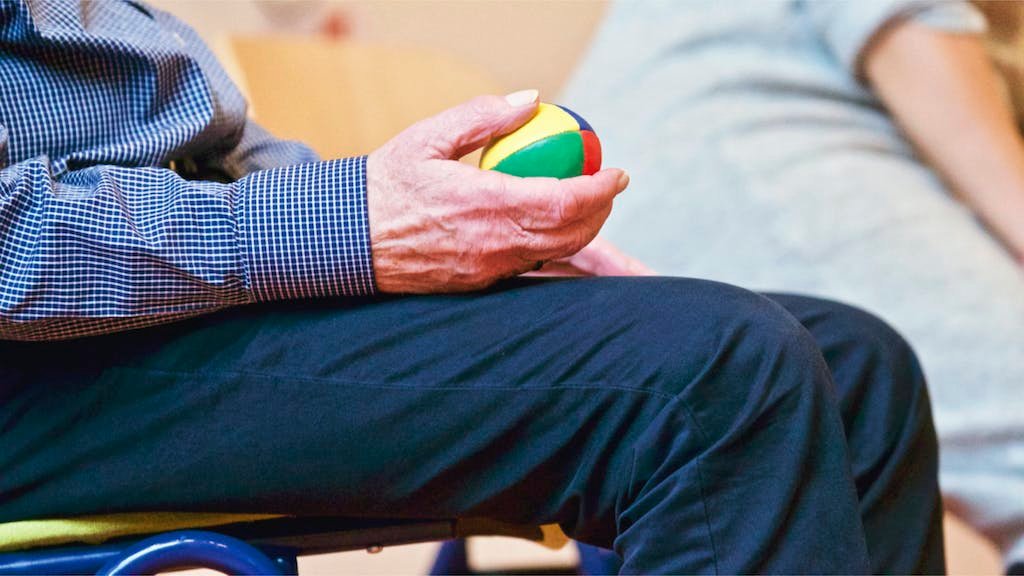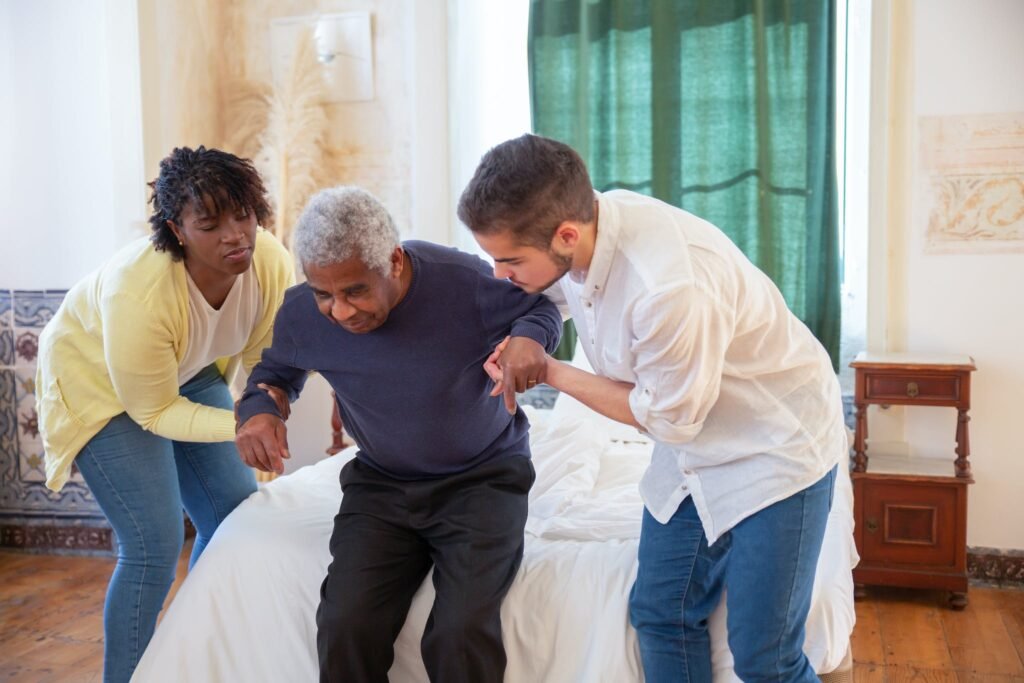Introduction to Skilled Nursing Facilities (Nursing Homes)
A skilled nursing facility, also known as a nursing home, is a residential facility that provides 24-hour nursing care and assistance to individuals who require a higher level of medical care and assistance than what can be provided at home or in an assisted living facility. These facilities are designed to cater to the needs of elderly individuals or those with chronic illnesses or disabilities.
These rights are designed to empower residents, promote their well-being, and ensure they are treated with the utmost respect and dignity while residing in a nursing home in California. It’s essential for both residents and their families to be aware of these rights and advocate for their enforcement when necessary.
California Health and Safety Code, Sections 1599.1-1599.11
California Code of Regulations, Title 22, Sections 72527-72529 and 73523-73529
Code of Federal Regulations (CFR), Title 42, Section 483
Nursing Home Resident Rights
In California, the rights of residents in nursing homes are protected by both state and federal laws. These rights ensure that residents receive appropriate care, are treated with dignity and respect, and have a voice in their healthcare decisions.
Federal Laws Governing Skilled Nursing Facilities
Skilled nursing facilities are regulated by various federal laws to ensure the safety and well-being of residents. The two primary federal laws governing skilled nursing facilities are:
- The Nursing Home Reform Act (1987): This law sets the standards for the quality of care provided in nursing homes that participate in Medicare and Medicaid programs. It outlines residents’ rights, staffing requirements, and quality assurance measures.
- The Elder Justice Act (2010): This law addresses elder abuse, neglect, and exploitation, including provisions for reporting, investigation, and prevention of abuse in nursing homes.
State Laws Governing Skilled Nursing Facilities
In addition to federal laws, each state has its own set of laws and regulations governing skilled nursing facilities. These state laws may vary, but they generally cover areas such as licensing requirements, staffing ratios, safety standards, and complaint procedures. It is important to consult the specific laws of your state for accurate information and citations.
Pressure injuries (bedsores)
These are injuries that develop when a person remains in the same position for extended periods, leading to tissue damage.
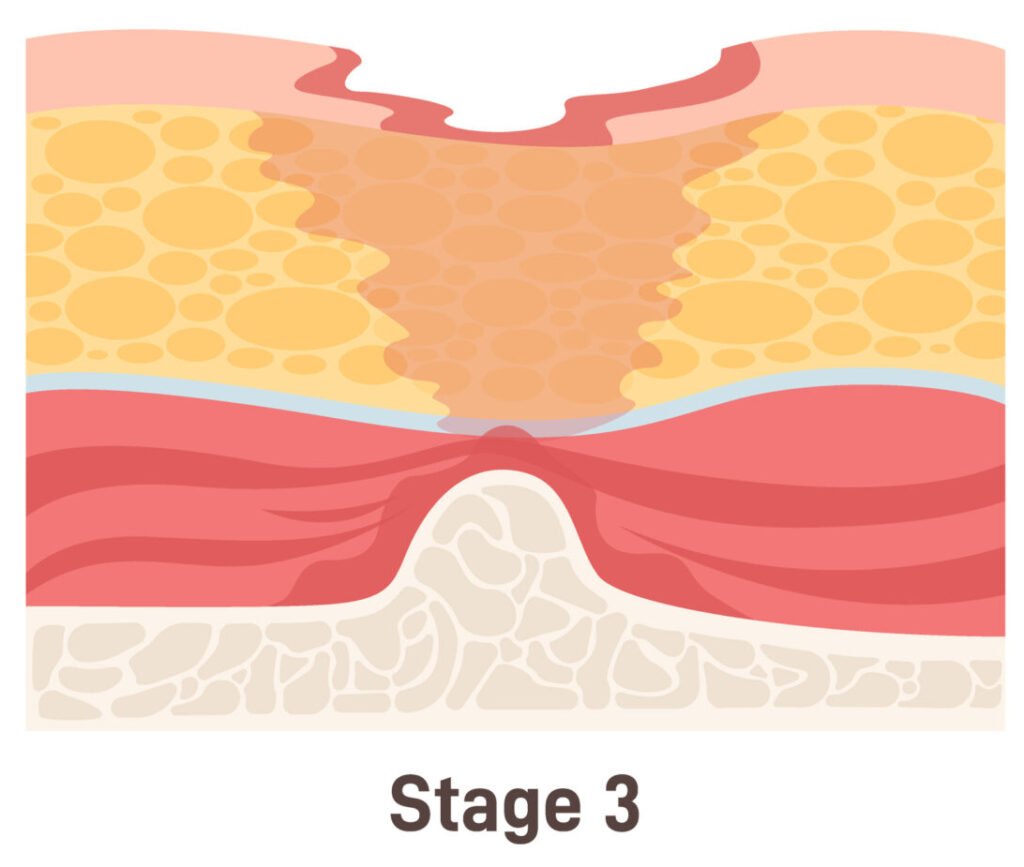

Falls with fractures
Falls are a significant concern in nursing homes, and they can result in fractures, head injuries, and other serious consequences.
Infections
Residents may be at a higher risk of developing infections, such as urinary tract infections or pneumonia.


Wandering
Some residents may wander unsafely due to cognitive impairments, which can lead to injuries or getting lost.
Common Claims Against Nursing Homes
When a resident suffers harm or injury in a skilled nursing facility, there may be grounds for legal action. Some common claims against skilled nursing facilities include:
 Neglience
Neglience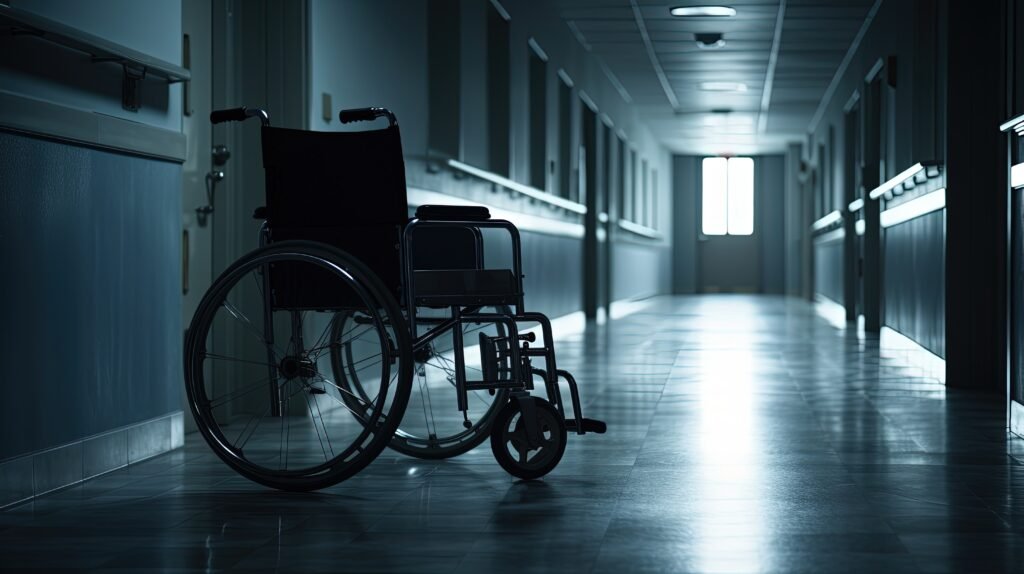 Wrongful Death
Wrongful Death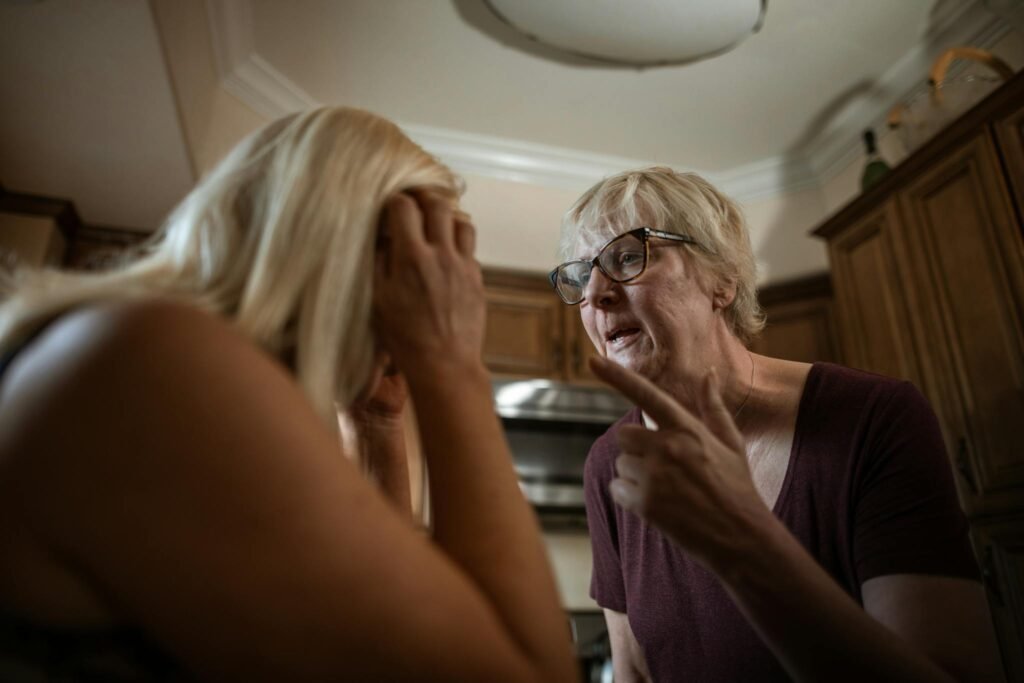 Elder Abuse – Physical Abuse
Elder Abuse – Physical Abuse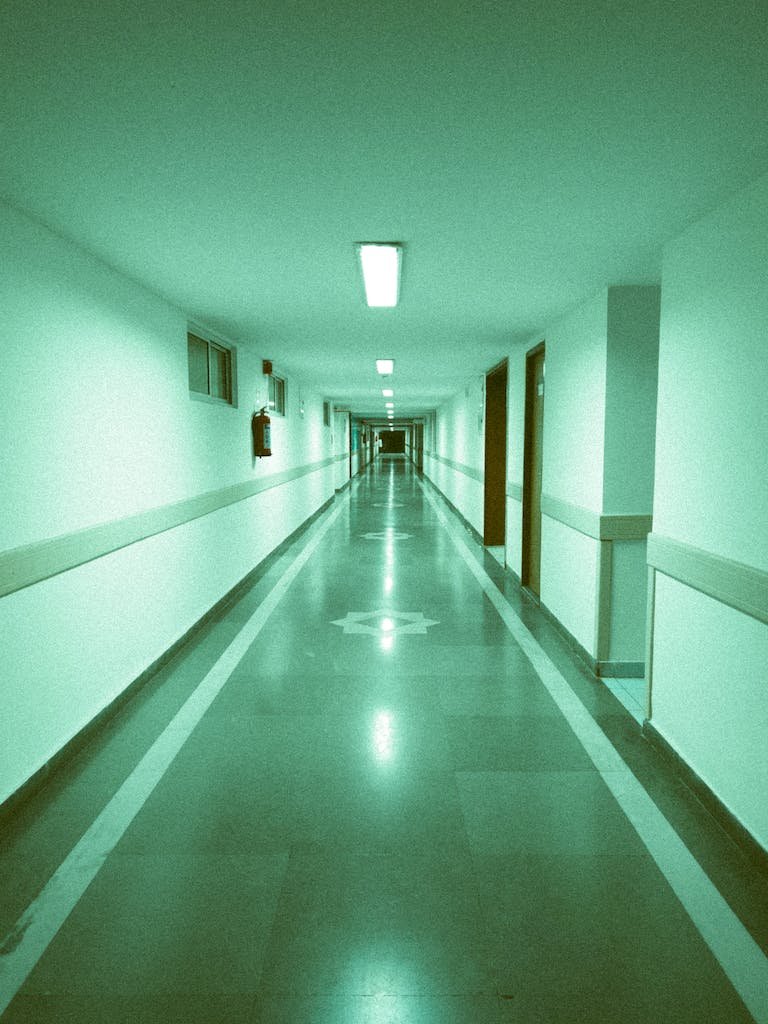 Elder Abuse – Neglect
Elder Abuse – Neglect

Why an Experienced Elder Abuse Attorney is Necessary
When pursuing a lawsuit against a nursing home, it is crucial to have the guidance and representation of an experienced elder abuse attorney. These attorneys specialize in handling cases involving nursing home abuse, neglect, and violations of resident rights. They possess the knowledge and expertise to navigate the complex legal landscape and advocate for the best interests of the injured resident. By partnering with an experienced elder abuse attorney, families can seek justice and hold nursing homes accountable for any harm caused to their loved ones.
